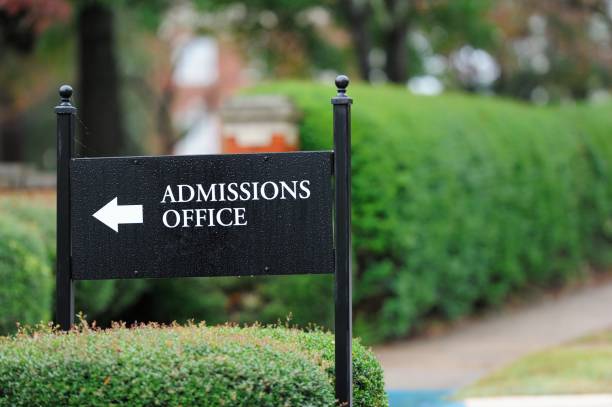Article by Ashley Eneriz.
Still not sure if a college is the right fit for you? A campus tour offers a great opportunity to experience what a college is like. This is your chance to connect with professors and students, get a feel for the community, and ask questions about college that relate to you and your personal education goals.
Tina Sprague, enrollment partnerships manager at Azusa Pacific University, helps hundreds of incoming students each year discover what it’s like to call APU’s campus home. She has also walked through the college search and enrollment process twice as a parent to APU graduates and softball stars Angie and Nicki Sprague. “I suggest students make a list of questions they’d like answered prior to arriving for the tour,” she said. “With a checklist, students and families can then ask any unanswered questions they have.”
Top Questions to Ask about a College on Your Campus Tour
Many popular questions about college might include the ones you expect to hear: What majors are offered? What extracurricular activities are available? What are dorm rooms like? Arriving at your campus tour prepared with additional questions helps you take a deeper dive into what makes the college distinct and what your experience might be like. Whenever possible, ask students and faculty the same questions to hear responses from each perspective.
1. What makes your college special?
This open-ended question allows you to hear a variety of unique responses based on each person’s experience. You may notice common themes in responses or discover something you didn’t think to ask about. When asked what makes APU special, Sprague said, “The APU community is what makes it special. I had two daughters graduate from APU and I can say firsthand that the experience at APU equipped them to be difference-makers in the world.”
2. How accessible are the professors?
Connecting with your professors can positively affect your college experience, so it’s helpful to know what support they provide. Do most professors have regular office hours to meet with students in addition to class time? Do they connect with students in small groups outside the classroom? Are there other ways to connect with professors, such as research opportunities? Sprague noted that APU professors are dedicated to supporting students in their studies and future careers.
3. Do most students graduate in four, five, or six years?
Asking about a college’s graduation rate—in other words, how long it takes most students to graduate—can let you know what support you’ll receive to stay on track with your education goals. Can most students access the classes they need for their major? Do any programs take longer? For students who can’t finish in the typical four years, what are the causes? You can also follow up by asking about the resources available to help you make progress toward graduation, such as academic advising and course plans for your major.
4. What social opportunities are available for students?
Beyond extracurriculars like campus clubs and attending athletic events, this question can help you learn about informal and formal social opportunities. Are there places students get together to hang out? What types of events take place on or near campus? Many colleges, including APU, offer regular events and activities for students to connect and have fun outside of class, such as concerts, movie nights, art exhibit openings, and community hikes.
5. What study abroad opportunities are available?
Spending a semester studying abroad can expand your horizons while you continue to work toward your degree. Find out what opportunities exist at your college of choice, including specific locations or programs connected with majors. APU offers experiential and intercultural learning through a variety of study away opportunities that offer unique experiences to learn more about a country and culture while working on your degree.
Additional Questions for Colleges
Sprague also recommends adding the following questions to your list if they apply to you:
- What resources are available for first-generation students?
- What accommodations are available for students with disabilities?
- Is there an Honors College, and what are the benefits of joining?
- How does the college ensure students’ safety on campus?
Forget to ask an important question? Don’t worry. “You can request to meet with an admission representative either after the tour or set up another date and time to connect with them,” said Sprague.





No comment